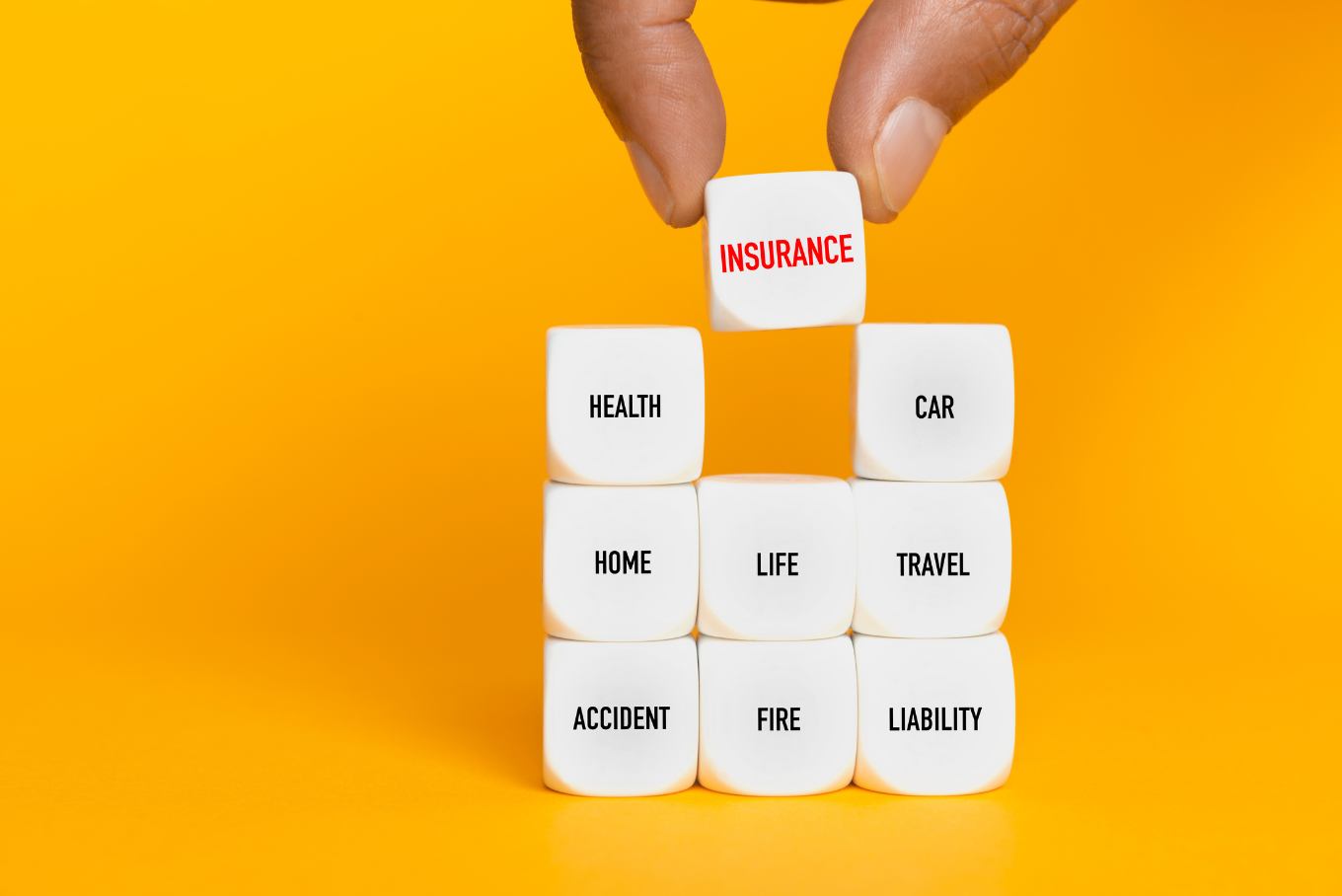
Hi Ruth,
A couple of months ago, my friends had a small fire in their home. No one was hurt, but there was some damage to the kitchen. I’ve been shocked at how much money it has cost them and how long they’re continuing to deal with the incident, and it’s made me anxious about what I would do in that situation. How do I ensure I’m financially prepared if the worst happens unexpectedly?
Of all my fears, a house fire is higher on the list than others. I fear one every time my teenager says they are going to cook themselves some food while I’m out!
I’m relieved that your friends were okay, but it’s clear that recovering from this single event is a long process. Cleaning up the construction, insurance, and financial mess will teach them some life lessons they will use from here on in. I don’t doubt that it has also exposed that their understanding of the insurance claim process differs from the insurer. Their scenario, where their house was partially damaged, is probably much more common for an insurer to deal with than a total loss event.
As is always the case with these questions, I think about what I would do in a situation like this. And fortunately, or unfortunately, in a roundabout way, I’ve got first-hand experience to draw upon.
The house I am writing in was built by our insurer as we were one of the thousands who lost their homes during the period of earthquakes that kicked off in Christchurch, New Zealand, in 2010. It took almost three long years for our house to be deemed a total loss, meaning that in the meantime, we had to do our best to patch things up and remain living in it.
Although I would not wish it on anyone, that experience has taught me an enormous amount about preparing for a crisis.
The first step? Put out the fire! Obviously.
Remain calm. What’s done is done. A chapter in your memoir has begun, and you are now on the first page. Accept that you have a journey of unknown length and cost ahead. Although you don’t know how it will end, at some point, it will reach its conclusion.
In the immediate aftermath of a disaster, you need to secure the safety of all home occupants, including pets. You might de-camp to a hotel or a friend’s house, send children to stay with family close by or immediately put your pets into a boarding facility to get them away from a stressful situation. This costs money, and you need to be prepared to pay.
Only once you have the fire out, the house secure, a dry place to sleep, and food to eat do you need to call your insurer to let them know the situation and lodge a claim. Once you have a handle on events, you are in a much better position to begin the lengthy insurance process.
It can be hard to tell your insurance company your policy details if they have just gone up in smoke. Today is a good day to go to your hardware store and buy a small fireproof safe to store your insurance documents. Or, of course, you can keep them online too. We do both. Carefully explain your situation to your insurer and determine what you are covered for. Ask questions about the next steps, your excess and temporary accommodation. Ask as many questions as you need to to understand what to do next.
Take their lead on the next steps regarding getting experts in to assess the damage and calculate repair costs. Accept that you now have a new part-time job to add to your CV: Running an insurance claim process and juggling home repairs.
The best time to sort out your insurance coverage is long before a crisis happens. That is why an annual review is so important. Talk to your friends and ask them what advice they would have for you, given what they have just been through and adjust your insurance cover accordingly.
Having the correct insurance is a delicate balance between adequate coverage and manageable premiums. I’d encourage you to think deeply about how much coverage you need so that you are not over or underinsured.

Straight out of the gate, when an emergency occurs, costs will begin to appear, and you need to just do what needs to be done to secure your situation. You need to be able to remain calm and prioritize or bring someone into your crisis who can do that for you. Ask for help if it is needed, and accept help when it’s offered.
In our situation, we had an immediate need for wheelbarrows, shovels, safety equipment, extra food and fuel for transportation. In the following weeks, we paid plumbers, builders and electricians to make our home safe enough to live in. We could never have planned for these costs, but we had to pay them nonetheless.
Money doesn’t fix all problems, but it is helpful in many instances. I’ve observed some people dig their heels in and argue over every tiny detail during the claim process. You must fight your corner and get what you are entitled to, but you can’t have it take over your life. That is very mentally draining and just drags out your pain. You need to decide whether that type of emotional fight is better or worse than the extra money you might get, and you might have just to let some arguments go.
The worst thing you can do for your mental health as you enter a period of crisis, whether a car accident, an unexpected home repair or an unplanned trip somewhere, is to pay for it with debt. It may temporarily solve your crisis, but you have kicked that crisis down the road, to be addressed later. You just don’t know if, when that date arrives, your situation will allow you to pay that money back.
This is why I and many others campaign for everyone to have an emergency fund. A sum of cash in your bank that amounts to 3-6 months of your regular monthly outgoings is imperative if you want to turn a disaster into an inconvenience.
During our house insurance claim, we decided early on that we could not wait for others, such as government agencies, to step in and help. We decided we could just use our emergency money and help ourselves. We never regretted this decision as it gave us ownership of our situation early on and let those overstretched resources go to people who had more significant needs than ours.
We never saw the money we spent again, it was never reimbursed, and we never even tried to add to it our claim. Having an emergency fund already waiting meant that taking control gave us the upper hand and made us stronger and better able to cope with the lengthy development process.
However, there will be things that your insurer may agree to reimburse, such as paying for temporary accommodation, so add your receipts to your transactions in PocketSmith and stay in touch with them about these.
Having had a few insurance crises over the years, like a home lost to earthquakes and two cars written off, I’ve developed a thicker skin. These are just ‘things’. Most things are replaceable. Therefore, my final piece of advice for you is: Acceptance.
Sometimes, things go wrong, and no amount of planning can prevent accidents. We are so fortunate to be able to pay for insurance coverage to sweep in and offset a lot of the work and cost when something does happen.
But insurance is not foolproof, and there are many fishhooks and exceptions within your policy that you will remain blissfully unaware of until the event is upon you. So, speak to your insurance company about your policy, chat with friends who have made claims, and try to make your coverage as robust as possible, while not paying over-the-top monthly premiums.
Be prepared to learn new skills, such as your friends have most likely just done as they learn about the construction process of fixing a kitchen fire. Take many photos and keep many notes about who said what, when, and what work has been done and still needs to be done. And then accept that you will be the secret ingredient in fixing your problems cost-effectively and promptly.
Long before the dog eats your sofa or you leave your popcorn unattended on the stovetop and set fire to your kitchen, make your personal finances as resilient as possible. That is one of the best lines of defense.
Got a burning money question for Ruth? Send them through to [email protected]!
Ruth blogs at thehappysaver.com all about how she and her family handle money. What’s the secret? Spend less than you earn, invest the difference, avoid debt and budget each dollar that flows through your hands. She firmly believes that if you can just get the basics right, life becomes easier from there on in.